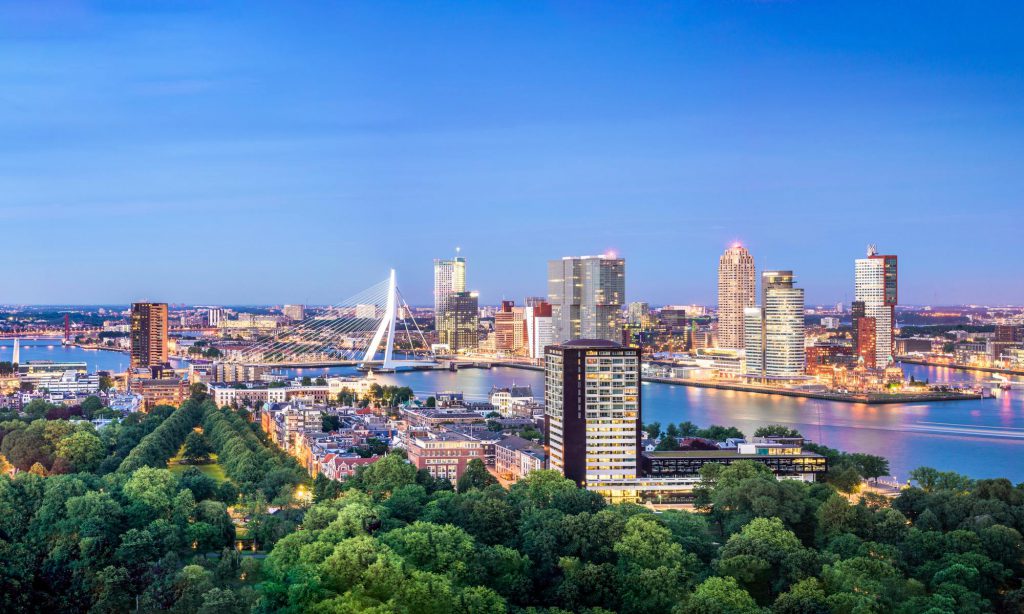Procedure and terms for obtaining a European citizenship
The European Union is not a single entity, but an association of different countries. The rules for obtaining citizenship are different everywhere. However, there are some common features to obtain a European passport.
As a rule, before you will be allowed to apply for citizenship, you must go through two stages – residence permit and permanent residence.
The temporary residence permit – allows you to stay in the country for a long time. It is drawn up for a year and subsequently extended if the applicant wants it. The residence permit is issued to students who study in European universities, family members of residents or EU citizens, participants in investment programs, and refugees.
You can apply for permanent residence if you lived in Europe for a certain time (on average – 5-7 years). How long you will need to live in your chosen country for permanent residence depends on both the state and the circumstances – for example, when you marry a European citizen, this period is always shorter. Permanent residence is issued on the condition that during the years of your life in Europe you have never violated the law and generally proved that you are a reliable and respectable person, with work, housing, and legal income.
A few more years of living in a country with permanent residence – and you can apply for a European passport. At this stage, it is required to prove not only the consistency and law-abidingness but also the knowledge of the language, culture, laws, and state structure of the country. By this time, you have already lived in the country for at least 6-7 years, so there will be no problems with the exam.

Why the Netherlands is a wonderful country to study and live
Holland is much smaller than other developed countries in Europe, but the standard of living there is considered the highest. The average worker earns about 1,300 euros per month, and this amount is the minimum wage. Specialists with higher education, with unique knowledge, earn much more.The prestige of universities, a modern education system, and a relatively low cost of studies make Holland one of the best countries for obtaining a European-style diploma, thanks to which you can build a successful career in any country in the world. More and more foreigners are coming to the Netherlands to get a quality education. Each of them feels comfortable here because Holland is famous for its hospitality and positive attitude towards representatives of other nationalities.
Higher education in the Netherlands: accessibility and prestige
Foreign applicants choose Holland to continue their education for many reasons. The first one is geographic location. The Netherlands is located in the center of Europe. There is a high level of developed road, rail, and air communications, so it will not be difficult to come home for a weekend or vacation, go on vacation, or an internship in another European country. Holland is called the “Gateway of Europe” because it is only an hour flight to Berlin, Paris, Brussels, or London.
The second argument in favor of the Netherlands is the low cost of education compared to other countries. Also, students can apply for scholarships and grants from the government of the country, universities themselves, foundations, and organizations: such financial support will help reduce the cost of studying and living.
It is also important for foreign students that the universities of the Netherlands offer the largest in Europe, after the UK, the number of English-language study programs (more than 2 thousand) – you can find a suitable one in the search engine for English-language programs. So it is not necessary to learn Dutch to live there. English is also suitable for living in the country: 90% of the Dutch population speaks it fluently.
Another good reason for getting higher education in the Netherlands is the opportunity to stay in the country for one more year after graduation: graduates of Dutch universities are allowed to live and look for work in the country for a year.
After education – permanent residence and citizenship
According to a 2015 survey of Dutch university graduates, 75% of them found a job within the first month after graduation. Moreover, all university graduates from among foreigners are considered highly qualified migrants. They can apply for a residence permit to look for work and change their residence status in the country. Usually, students already find jobs during their studies and build their careers during their undergraduate and graduate studies. The employment contract will be the main document for obtaining permanent residence in the Netherlands.
To obtain citizenship in the Netherlands, you must have been continuously living in the country for 5 years. It will be necessary to pass an examination on civil integration, and then submit a citizenship application. During your education, you will have time to integrate into the society and culture of the country, which will help you achieve your goals!
